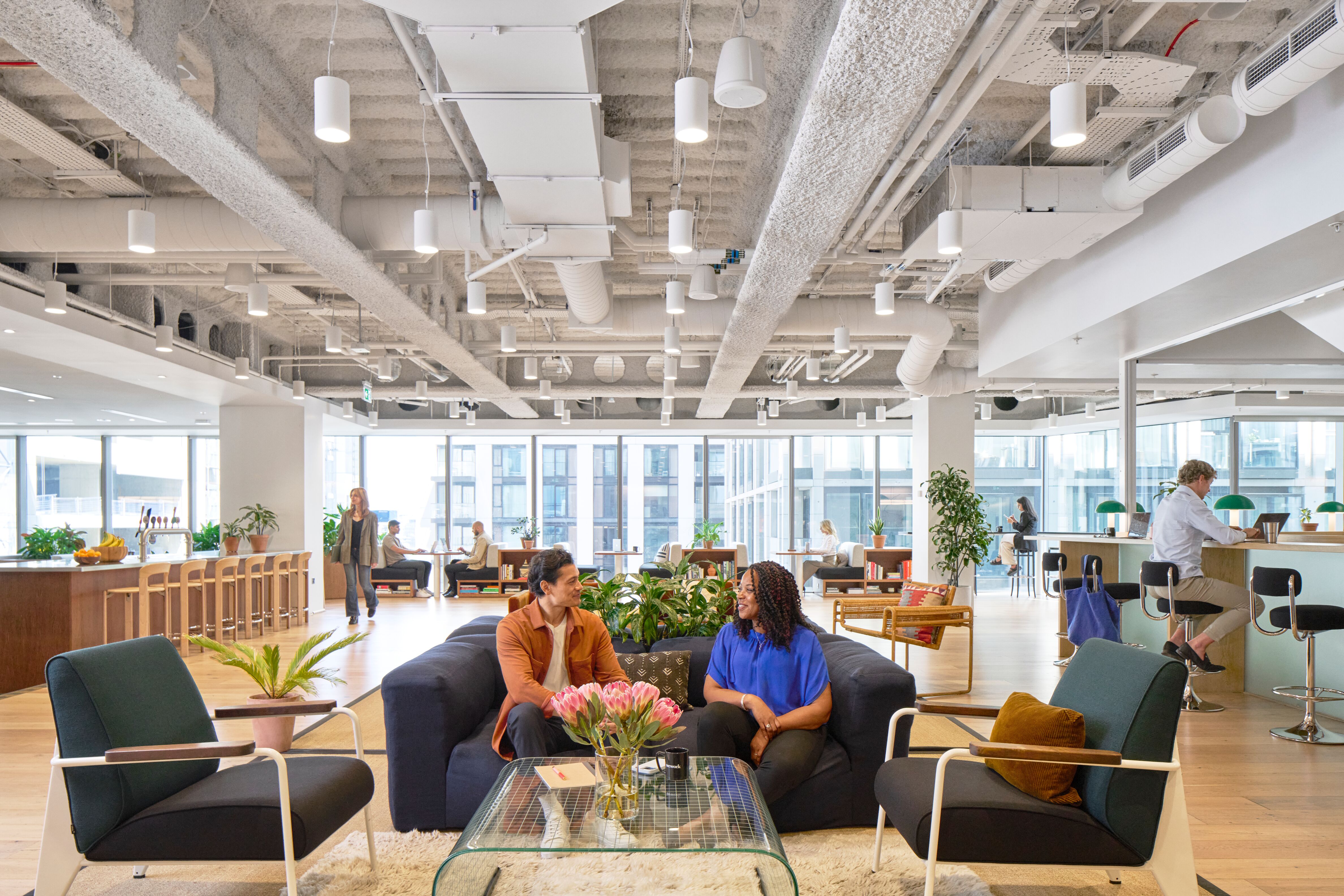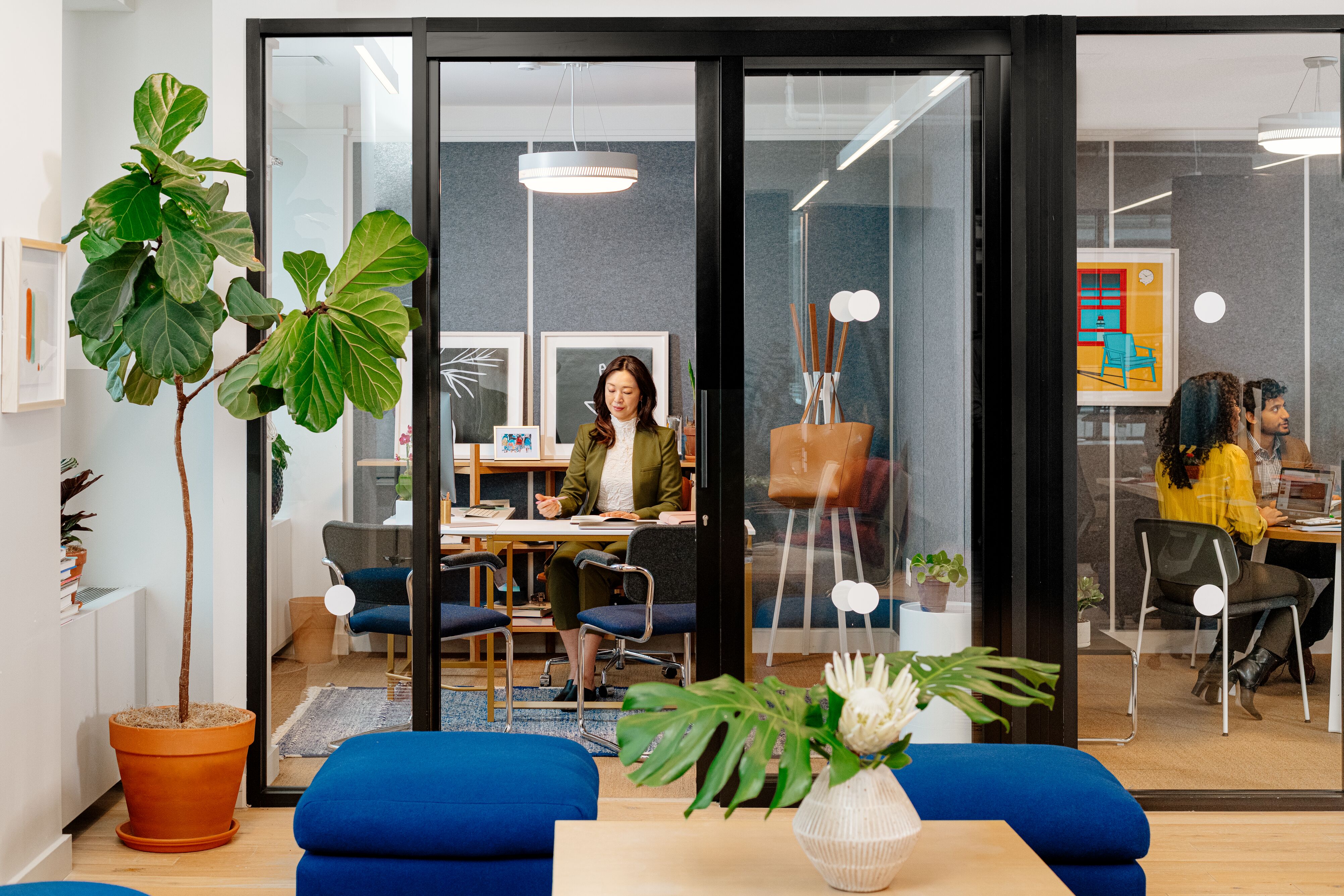The pandemic has accelerated the future of work, and demand for flexibility and autonomy has skyrocketed among employees across the globe. As a result, companies—both large enterprises and fast-growing startups alike—have been charged with creating a working model that not only empowers employees with greater choice but also champions an inclusive and connected company culture in an evolving landscape.
Hybrid working—which enables workers to choose between two or more different environments to work from, depending on what suits them best—has become a staple in modern working life. For some, steering away from traditional working schedules has been an easy transition. For others, this rebalancing has caused a disconnect with colleagues and blurred the lines between work and personal lives.
What has become clear is that the world of work can no longer have a “one size fits all” approach. With hybrid working here to stay, business leaders must now create progressive workplace strategies that align business priorities with employee expectations. Workplace strategies that are pillared by trust, flexibility, and choice will be table stakes for any company moving forward—particularly if they want to stay competitive in the race to attract and retain top talent.
This report, done by Economist Impact and supported by WeWork, delves into the key shifts around work-life balance. It examines employee preferences and business challenges from organizations around the globe as they seek to embrace flexibility at all levels. Read the full report or explore the barometer of results.
Click here to read the full report.










